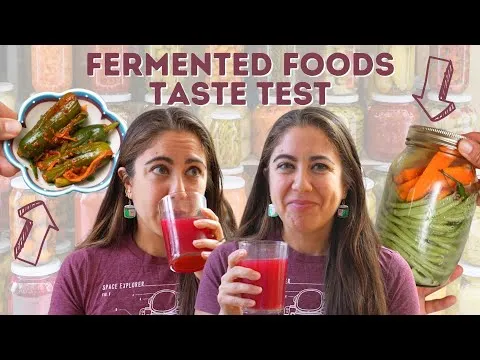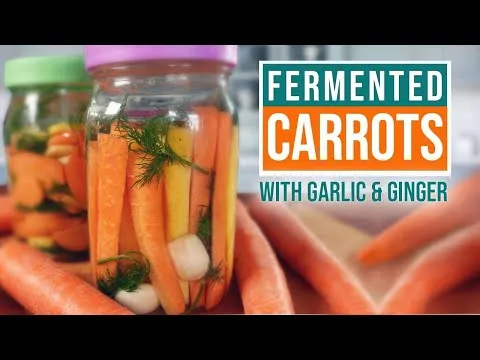Free Online Fermented Foods Courses and Certifications 2024
Fermented foods are foods that have been through a process of lactofermentation in which natural bacteria feed on the sugar and starch in the food creating lactic acid. This process preserves the food, and creates beneficial enzymes, b-vitamins, Omega-3 fatty acids, and various strains of probiotics. Examples of fermented foods include sauerkraut, kimchi, yogurt, kefir, kombucha, and pickles.
Popular Courses
















Frequently Asked Questions and Answers
Q1: What are examples of fermented foods?
A variety of foods undergo fermentation. Among the most commonly found are kombucha, yogurt, aged/raw cheeses, sauerkraut, pickles, miso, tempeh, natto, and kimchi. Additionally, there are other nutritious fermented foods such as apple cider vinegar, wine, sourdough bread, cottage cheese, and coconut kefir.
Q2: Do fermented foods help gut health?
Fermented foods contain probiotics, which are beneficial bacteria that thrive during the fermentation process. Consuming these foods is a recommended method for enhancing gut health. Additionally, it is crucial to incorporate high-fiber foods, especially those rich in prebiotics, into one's diet to promote optimal gut health.
Q3: Do fermented foods reduce inflammation?
A 2021 study conducted by Stanford University and published in the journal Cell has unveiled that consuming a diverse range of fermented foods has the potential to decrease inflammation within the body. Conversely, the study found that following a high-fiber diet consisting of fruits, vegetables, beans, whole grains, and nuts does not yield the same anti-inflammatory effects.
Q4: Are pickles a fermented food?
To further complicate matters, the term "pickling" is commonly used by individuals to describe the preservation of food through canning or fermenting. However, this article will use "pickles" to specifically refer to food that has been preserved without fermentation in hot brine. On the other hand, fermented foods, including cucumbers, will be referred to as "fermented."
Q5: Is apple cider vinegar a fermented food?
Apple cider vinegar is recognized as a fermented food, however, it lacks probiotics similar to yogurt. Instead, it promotes the growth of beneficial gut bacteria. The fermentation of apple cider vinegar occurs in two stages. Initially, the apples are transformed into cider containing alcohol, which is then further fermented to produce vinegar.
Q6: What Fermented Foods courses can I find on AZ Class?
On this page, we have collected free or certified 27 Fermented Foods online courses from various platforms. The list currently only displays up to 50 items. If you have other needs, please contact us.
Q7: Can I learn Fermented Foods for free?
Yes, If you don’t know Fermented Foods, we recommend that you try free online courses, some of which offer certification (please refer to the latest list on the webpage as the standard). Wish you a good online learning experience!
ADVERTISEMENT
